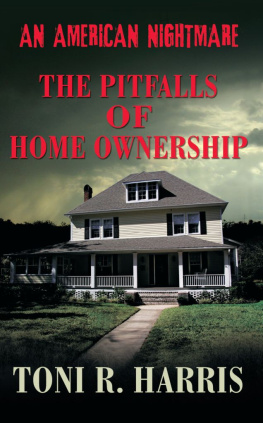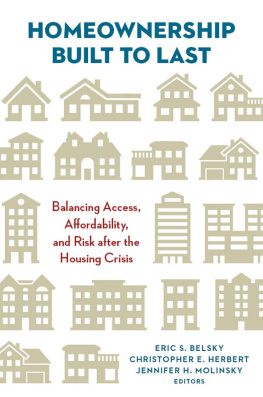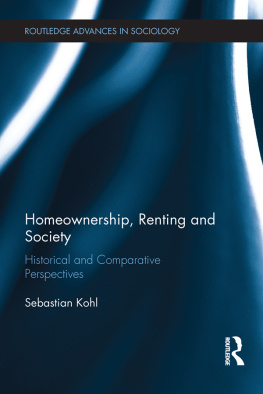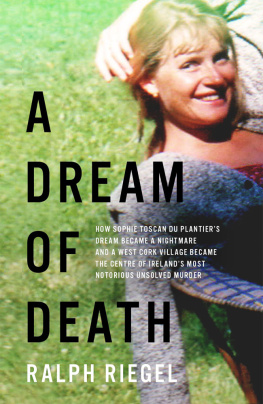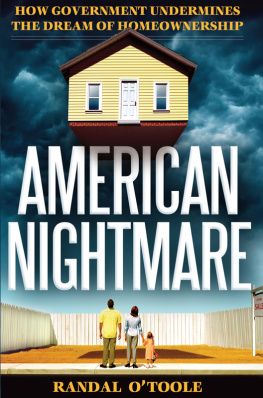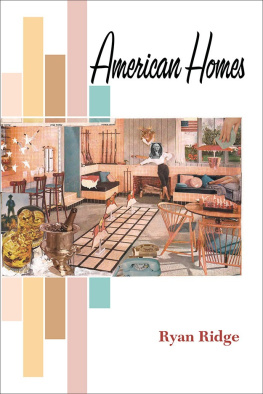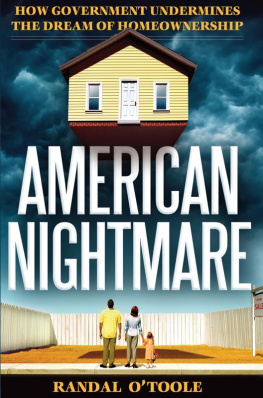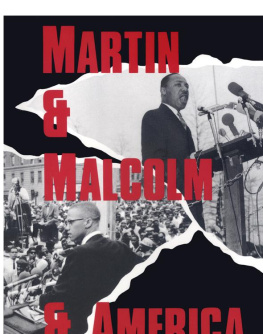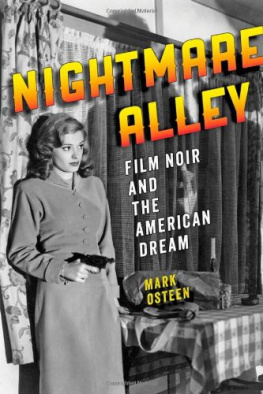Ryan Dezember - Underwater: How Our American Dream of Homeownership Became a Nightmare
Here you can read online Ryan Dezember - Underwater: How Our American Dream of Homeownership Became a Nightmare full text of the book (entire story) in english for free. Download pdf and epub, get meaning, cover and reviews about this ebook. year: 2020, publisher: St. Martins Publishing Group, genre: Detective and thriller. Description of the work, (preface) as well as reviews are available. Best literature library LitArk.com created for fans of good reading and offers a wide selection of genres:
Romance novel
Science fiction
Adventure
Detective
Science
History
Home and family
Prose
Art
Politics
Computer
Non-fiction
Religion
Business
Children
Humor
Choose a favorite category and find really read worthwhile books. Enjoy immersion in the world of imagination, feel the emotions of the characters or learn something new for yourself, make an fascinating discovery.

- Book:Underwater: How Our American Dream of Homeownership Became a Nightmare
- Author:
- Publisher:St. Martins Publishing Group
- Genre:
- Year:2020
- Rating:4 / 5
- Favourites:Add to favourites
- Your mark:
- 80
- 1
- 2
- 3
- 4
- 5
Underwater: How Our American Dream of Homeownership Became a Nightmare: summary, description and annotation
We offer to read an annotation, description, summary or preface (depends on what the author of the book "Underwater: How Our American Dream of Homeownership Became a Nightmare" wrote himself). If you haven't found the necessary information about the book — write in the comments, we will try to find it.
Ryan Dezember: author's other books
Who wrote Underwater: How Our American Dream of Homeownership Became a Nightmare? Find out the surname, the name of the author of the book and a list of all author's works by series.
Underwater: How Our American Dream of Homeownership Became a Nightmare — read online for free the complete book (whole text) full work
Below is the text of the book, divided by pages. System saving the place of the last page read, allows you to conveniently read the book "Underwater: How Our American Dream of Homeownership Became a Nightmare" online for free, without having to search again every time where you left off. Put a bookmark, and you can go to the page where you finished reading at any time.
Font size:
Interval:
Bookmark:
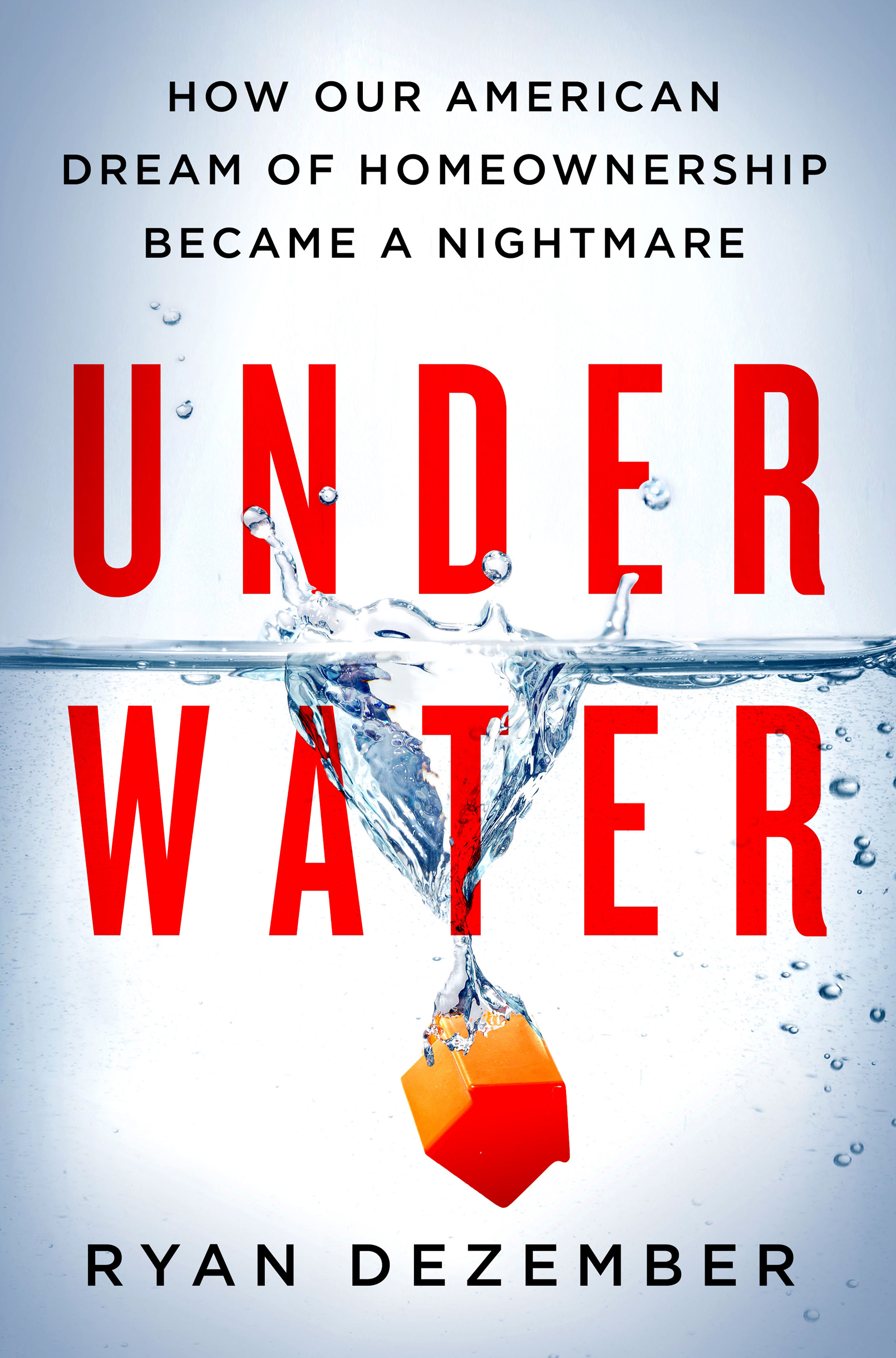

The author and publisher have provided this e-book to you for your personal use only. You may not make this e-book publicly available in any way. Copyright infringement is against the law. If you believe the copy of this e-book you are reading infringes on the authors copyright, please notify the publisher at: us.macmillanusa.com/piracy.
To Mom, Dad, Ashley, Justine, Grandma and Grandpa, Grandma and Grandpa, and the Grandpa that I never got to meet.
After looking at several houses along Alabamas Gulf Coast, my new wife and I decided the sunny cottage on Audubon Drive in Foley was the oneso long as the seller came down a little on the $145,000 asking price.
There were two bedrooms, two bathrooms, an attached garage, a tidy shed that was painted picnic-table red, and a pair of towering longleaf pines. It sat in an oval subdivision of cookie-cutter homes on a lot roughly the size of a basketball court. There was just enough room for the dog to run in the backyard without trampling the vegetable garden that we envisioned. It was convenient to my newspaper office in Foleys antique downtown and to the elementary school in Gulf Shores where my wife taught kindergarten in a trailer parked outside of the overcrowded elementary school.
The beaches along the Gulf of Mexico were a short drive from the house but far enough away that we didnt have to buy flood insurance. Just built and bland as an egg inside and out, it offered a blank canvas with years to go before we could expect major repairs such as a new furnace or roof. I replaced the tacky ceiling fans and planted bushes in my head as we looked around. The real estate agent walked us over to see the neighborhood playground.
A week before Thanksgiving in 2005, we signed papers to buy the house for $137,500. We painted the walls and hung blinds in time to have friends over for the holiday.
Twelve years later, little about my life remained the same. Id left the Mobile newspaper to take a job at The Wall Street Journal. I was no longer married. Pierre, the dog, had died of old age. But I was still sending mortgage payments each month to a bank in Alabama.
I would have sold the house long ago, and in fact I tried. But when the U.S. housing market collapsed in 2007, the propertys value fell far below the amount I had borrowed to buy it. Walking away was never an option. Id signed papers promising to pay the money back and I intended to do so one way or another. In case my moral compass ever needed a shake, laws in Alabama, as in many states, allow lenders to pursue the difference between the mortgage debt on a property and what it fetches in a foreclosure sale. For much of the next decade, that number kept growing. At one point, it would have been nearly $70,000. That was more than half of what wed borrowed to buy the place.
When I bought the house, I was a newlywed three years out of college who believed I had achieved a signature goal of most young Americans. Instead, I set myself up to pursue an inverted version of the American dream. Most young people aspire to buy their first home. I spent a decade trying to get rid of mine.
Looking back, I find it bemusing that I was ensnared despite being a newspaper reporter who had made a career writing about the frenzied and doomed real estate market along Alabamas beaches. I knew in the moment that the speculative paroxysm was superlative, even in the context of the national mania for real estate. I never doubted that it would end poorly. I thought I was at the zoo, though, watching some wild behavior from behind a barricade. As it happened, I was standing in the middle of the jungle.
In 2007, the worst economic disaster since the Great Depression roared to life. The collapse of the U.S. housing market wiped out some $11 trillion in household wealth and wreaked havoc on Wall Street. It sank household-name financial institutions Lehman Brothers, Bear Stearns, and Merrill Lynch. The mortgage industry became a ward of the state, and an unprecedented taxpayer bailout was needed to stop the nations banks from bleeding out. Almost eight million people would lose homes to foreclosure. At its depths, more than twelve million Americans were underwater, meaning their homes were worth less than the balances remaining on their mortgages. Some estimates put the number north of fifteen million.
The collapse pounded Alabamas Gulf Coast, where an anything-goes building boom gave way to an economic malaise prolonged by hurricanes, the Deepwater Horizon oil spill, and the opioid epidemic. In Audubon Place, my subdivision of starter homes, close to a third of the 109 houses were foreclosed. One of them twice.
Among underwater homeowners, I was fortunate. The house was modest and so was the mortgage. I was in the early stages of my career, with greater earnings potential ahead. And I was single again, not yet thirty, and had no children to support. Millions of homeowners moored to underwater properties had it worse, suffering in ways more subtle than those who lost houses. Many of these homeowners couldnt relocate for better jobs, move growing families into bigger houses, or enroll their children in better schoolsor at least do so without draining savings. They couldnt tap home equity to pay for their childrens college tuition or cover emergency health expenses. They probably couldnt refinance their homes to take advantage of interest rates that were kept historically low in response to the collapse.
People my age and a few years older were hit especially hard. We started off strong when it came to homeownership. By our tenth high school reunion, people born in the 1970s, of which I was at the tail end, owned homes at a rate of 42 percent, according to a demographic study by John Burns Real Estate Consulting. We were comfortably ahead of our predecessors at the same age. When their ten-year reunions rolled around, people born in the 1950s and 1960s owned homes at rates of 37 and 35 percent, respectively. But by our twentieth class reunions, once the dust had settled from the housing collapse, we had fallen way behind. Our homeownership rate at age thirty-eight was 52 percent, compared with 61 percent for Americans born in the 1950s and 63 percent among those born in the 1960s. Im right on trend. A homeowner at twenty-eight, a renter (without qualm) at thirty-eight.
John Burns, whose eponymous consultancy advises home builders, Wall Street investors, and Fortune 500 companies on matters demographic and housing related, calls our cohort neither Gen X nor millennial. We are the Foreclosure Generation.
Regardless of whether we actually had our homes repossessed, the crisis and the forces that delivered it have shaped our approach and strained our access to homeownership. The dislocation has been a drag on builders, brokers, and even tree farmers, not to mention the aging baby boomers who are counting on us to come along and buy them out of their big suburban houses. Yet for some plucky entrepreneurs and deep-pocketed investors, the housing crash presented a once-in-a-lifetime opportunity to stake a claim to the worlds largest asset class: U.S. single-family homes.
Some of the newer clients that Burns counsels are companies that own and manage tens of thousands of tidy suburban rental homes. Such businesses didnt exist a decade ago. Their conception required two tectonic forces: the foreclosure crisis, which gave them the chance to gain critical mass on the cheap; and a leap in cloud computing and mobile technology that enabled them to orchestrate one of historys great land grabs and efficiently manage the far-flung properties thereafter.
Font size:
Interval:
Bookmark:
Similar books «Underwater: How Our American Dream of Homeownership Became a Nightmare»
Look at similar books to Underwater: How Our American Dream of Homeownership Became a Nightmare. We have selected literature similar in name and meaning in the hope of providing readers with more options to find new, interesting, not yet read works.
Discussion, reviews of the book Underwater: How Our American Dream of Homeownership Became a Nightmare and just readers' own opinions. Leave your comments, write what you think about the work, its meaning or the main characters. Specify what exactly you liked and what you didn't like, and why you think so.

